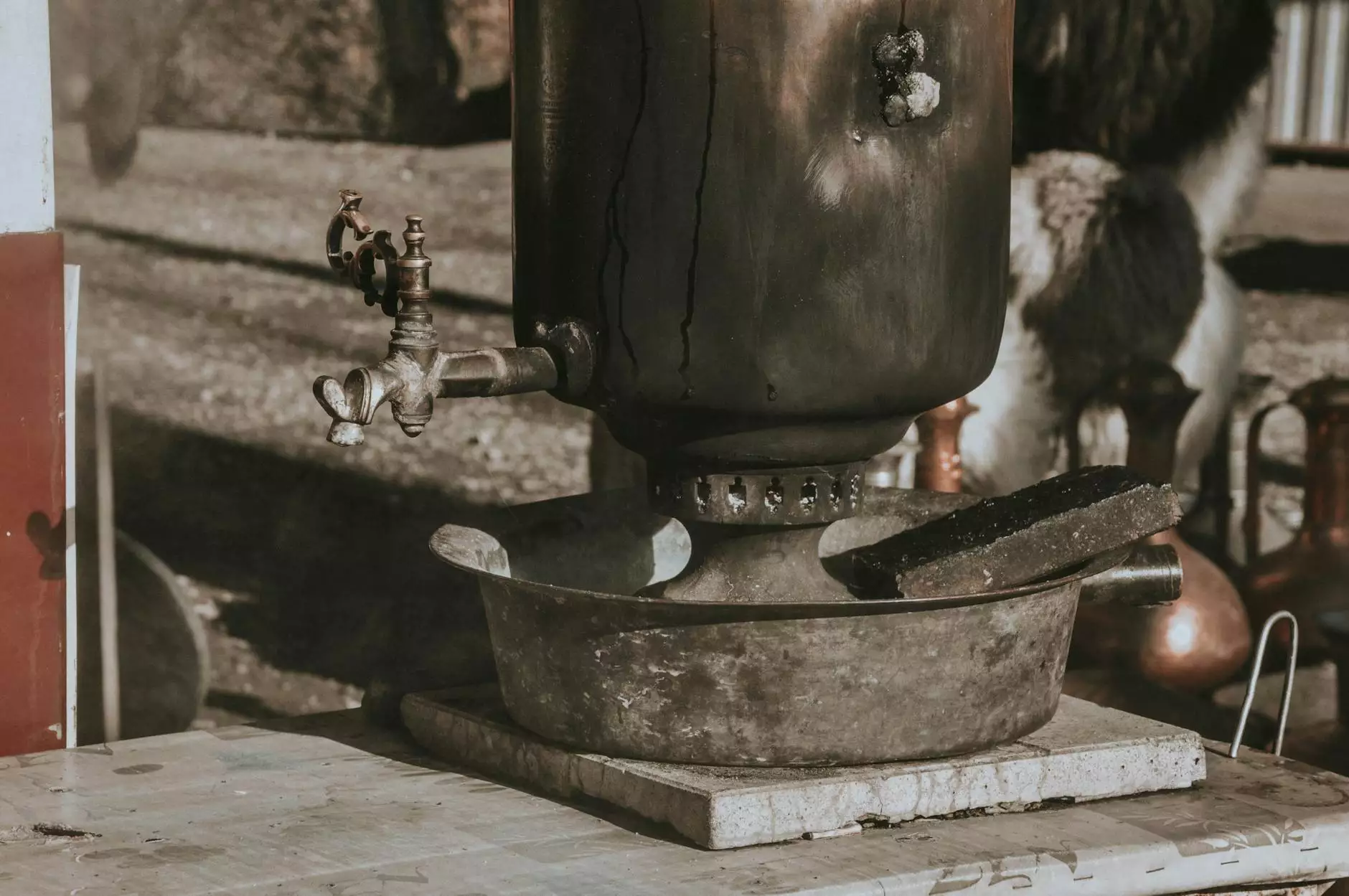Mastering Die Casting Supplies for Metal Fabricators

In the world of metal fabrication, the significance of quality materials and tools cannot be overstated. One essential component in this arena is die casting supplies. These supplies play a crucial role in ensuring the production of high-quality metal parts that meet the rigorous standards of various industries. In this comprehensive guide, we will delve deep into the essentials of die casting supplies, their applications, and how they can propel your business to new heights.
Understanding Die Casting
Before we dive into the specifics of die casting supplies, it's essential to understand what die casting is. Die casting is a manufacturing process used to produce metal parts by forcing molten metal into a mold. This process is characterized by its ability to yield high volumes of precise and detailed components, making it ideal for industries ranging from automotive to aerospace.
The Role of Die Casting Supplies
Die casting supplies are the backbone of any die casting operation. They encompass a wide range of materials and tools necessary to perform the casting process efficiently and effectively. Let's break down the essential categories of die casting supplies:
- Die Materials
- Alloy Materials
- Coatings and Release Agents
- Inspection and Testing Equipment
- Machinery and Tools
Die Materials
The die, or mold, is fundamental to the die casting process. It determines the shape and size of the final product. Therefore, the choice of die material is crucial. Typically, dies are made from tool steel, which can withstand high temperatures and pressures. Some advanced options include:
- H13 Tool Steel: Renowned for its durability and thermal resistance, ideal for high-volume production.
- Aluminum Alloys: Lightweight and excellent for lower temperature applications.
Alloy Materials
The choice of alloy affects the final properties of the cast product. Commonly used alloys in die casting include:
- Zinc: Known for its excellent fluidity and ability to fill intricate molds.
- Aluminum: Offers superb strength-to-weight ratio and corrosion resistance.
- Magnesium: The lightest structural metal with great machining characteristics.
Selecting the right alloy is critical based on the application's requirements, which can range from automotive components to electronics housings.
Coatings and Release Agents
To ensure the longevity of the molds and the quality of the cast products, coatings and release agents are essential die casting supplies. These substances improve the release of cast components from the die, prevent oxidation, and enhance the surface finish. Some popular options include:
- Ceramic Coatings: Provide excellent thermal resistance and lubrication.
- Graphite-Based Release Agents: Offer smooth release and minimal residue formation.
Inspection and Testing Equipment
Quality control is paramount in die casting. Utilizing advanced inspection and testing equipment ensures that every component meets the specified standards. Commonly used tools include:
- CMM Machines (Coordinate Measuring Machines): Allow for precise measurement of the dimensions of the casted parts.
- Ultrasonic Testing Devices: Used to detect internal flaws without damaging the components.
Implementing stringent testing ensures that the products not only meet client expectations but also adhere to strict industry regulations.
Machinery and Tools in Die Casting
The efficiency of the die casting process heavily relies on the machinery and tools used. Here are the primary categories:
- Die Casting Machines: These machines apply pressure to the molten metal, filling the die. They come in various types, including hot chamber and cold chamber machines.
- Trimming Presses: After casting, parts often require trimming to achieve the desired finish.
- Spray Guns: Used to apply coatings and release agents uniformly to the dies.
Choosing the Right Die Casting Suppliers
Selecting quality suppliers for your die casting supplies is critical for the success of your business. Here are several factors to consider:
- Reputation: Research the supplier's history and reviews from other companies.
- Quality Assurance: Ensure they meet industry standards and provide testing certifications.
- Customer Support: A reliable supplier should offer prompt support and solutions to any issues that arise.
Streamlining Operations with Die Casting Supplies
Once you have sourced quality die casting supplies, integrating them into your operations can greatly enhance productivity. Here are some strategies to streamline your processes:
- Implementing Automation: Invest in automated systems to reduce cycle times and increase output.
- Regular Training: Ensure that your team is well-trained in operating machinery and understanding materials.
- Utilizing Advanced Software: Software solutions for simulation and process control can lead to better decision-making and innovation.
Future Trends in Die Casting
The die casting industry is evolving rapidly. Staying ahead of trends is essential for ongoing success. Some key trends to watch include:
- Sustainability: Increasing emphasis on eco-friendly materials and processes.
- Advanced Alloys: Development of new alloys that provide better performance characteristics.
- Industry 4.0: Integration of IoT and AI in manufacturing processes to enhance production efficiency.
Conclusion
In summary, understanding and utilizing the right die casting supplies is essential for any metal fabricator looking to enhance their production capabilities. From selecting the proper die materials and alloys to ensuring quality control through inspection equipment, every detail counts. By choosing reputable suppliers and staying informed about industry trends, you can position your business for long-term success in a competitive market.
At DeepMould.net, we are committed to providing high-quality die casting supplies and expert guidance to help your metal fabrication business thrive. Connect with us today to learn how we can support your manufacturing needs!









